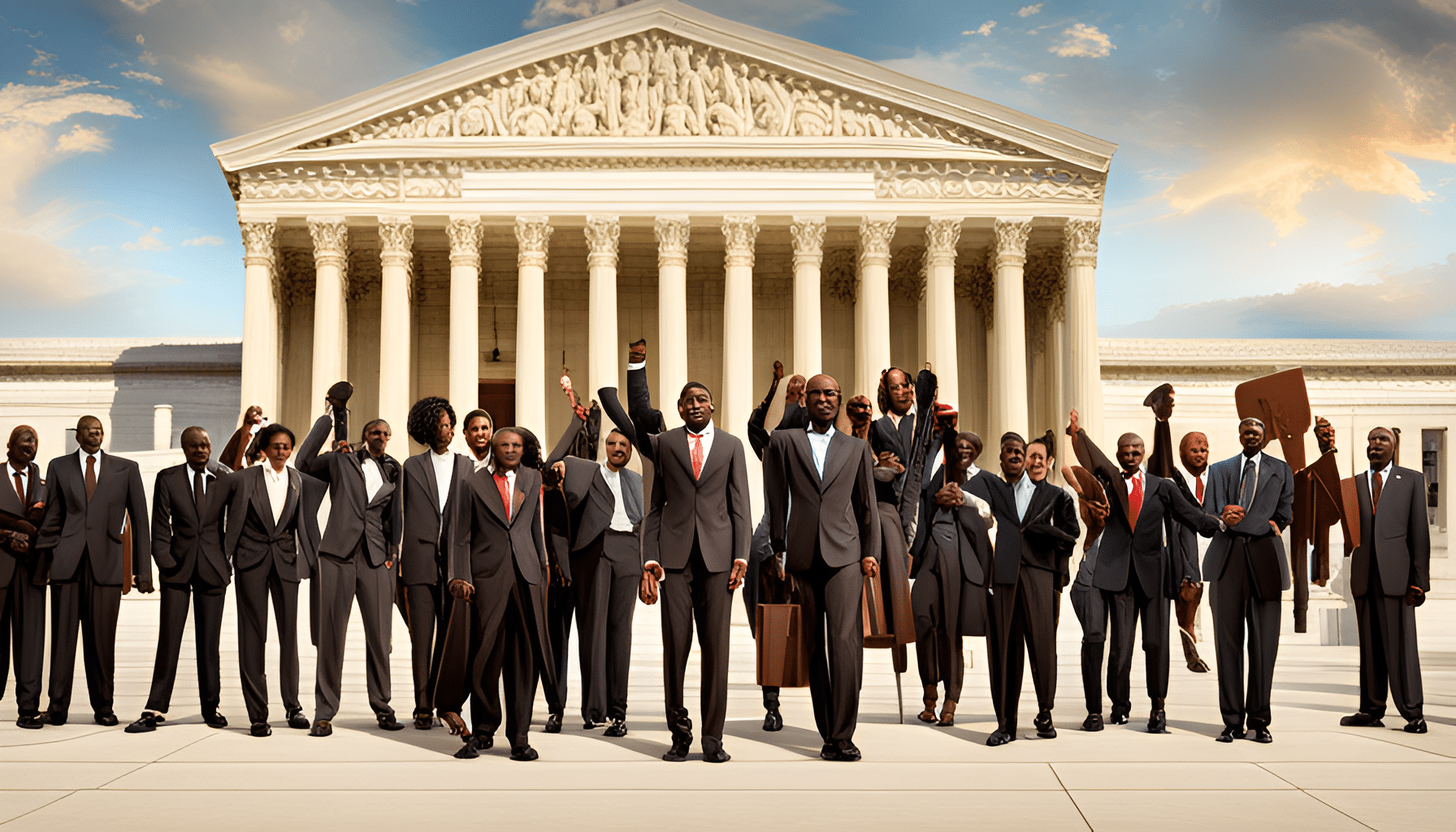The US Supreme Court ruled the affirmative action clause in the admission policies of Harvard University and the University of North Carolina unconstitutional. The court decided that race-based admissions were in violation of the Equal Protection Clause of the Fourteenth Amendment.

Legal AI that cites and formats correctly
Students for Fair Admissions, INC. v. President and Fellows of Harvard College
Students for Fair Admissions, INC. v. University of North Carolina (companion case)
Recently, the Supreme Court of the United States held the controversial affirmative action clause in the admission policies of Harvard University and the University of North Carolina (UNC) unconstitutional.
The Harvard University and UNC are two of the oldest institutions of higher learning in the United States. Both universities follow a highly scrutinized process for admission which takes into account several parameters for consideration, including the grades, recommendation letters and extracurricular involvement of the students. Interestingly, the race of the particular student is also taken as consideration in determination of the admissibility of the student. The controversial racial question was raised and it was contested whether such admission process qualifies the Equal Protection Clause of the Fourteenth Amendment.
The Students for Fair Admissions (SFFA), an organization led by conservative legal strategist Edward Blum, represented the Asian American students who were rejected by the Harvard University. Previously in 2016, the District Court for the District of Massachusetts followed the ruling of Fisher v. University of Texas and ruled that Harvard University’s admission policy did not discriminate against Asian American in the admission process. The SFFA petitioned in the Supreme Court, that granted both cases certiorari and consolidated them under Harvard in January 2022.
On June 29, 2023, the US Supreme Court reversed the decision of the Lower Court voting 6-2 in the Harvard case and 6-3 in the UNC case. The court ruled that race-based admissions adopted by both Harvard University and UNC were unconstitutional under the Equal Protection Clause of the Fourteenth Amendment.
Chief Justice John Robert said that both Harvard’s and UNC’s affirmative action programs “unavoidably employ race in a negative manner. involve racial stereotyping, and lack meaningful end points.” He then added, that students “must be treated based on his or her experiences as an individual not on the basis of race. Many universities have for too long done just the opposite. And in doing so, they have concluded, wrongly, that the touchstone of an individual’s identity is not challenges bested, skills built, or lessons learned but the color of their skin. Our constitutional history does not tolerate that choice.” However, “nothing prohibits universities from considering an applicant’s discussion of how race affected the applicant’s life, so long as that discussion is concretely tied to a quality of character or unique ability that particular applicant can contribute to the university.”
Justice Ketanji Brown Jackson and Justice Sonia Sotomayor, dissented from the majority, calling the ruling a tragedy for all everyone. Justice Sotomayor said, “Today, this Court stands in the way and rolls back decades of precedent and momentous progress.” She added, “The court cements a superficial rule of colorblindness as a constitutional principle in an endemically segregated society where race has always mattered and continues to matter.“





